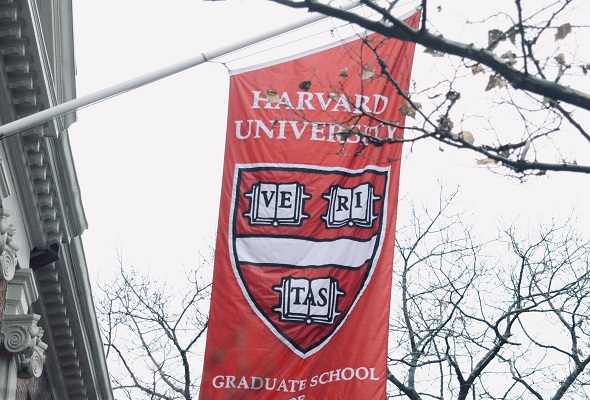Conventional wisdom seems to be that affirmative action in the United States began with an executive order issued by JFK in 1961, which (ironically) mandated government contractors to ‘take affirmative action to ensure that applicants are employed, and that employees are treated during employment, without regard to their race, creed, color, or national origin’.
Without regard to.
In the years since then, without regard to came to mean with special attention given to. But now SCOTUS has brought things full circle.
Crucially, it appears that the reason the Supreme Court can tell Harvard how to conduct its admissions is that Harvard accepts money (via contracts and sub-contracts) from the federal government.
So if Harvard really believes that having a sufficiently racially diverse student body is essential to its mission, there’s a simple — and perfectly legal — way to keep doing what it’s been doing.
All Harvard — with its $53 billion endowment — has to do is stop taking federal money.
